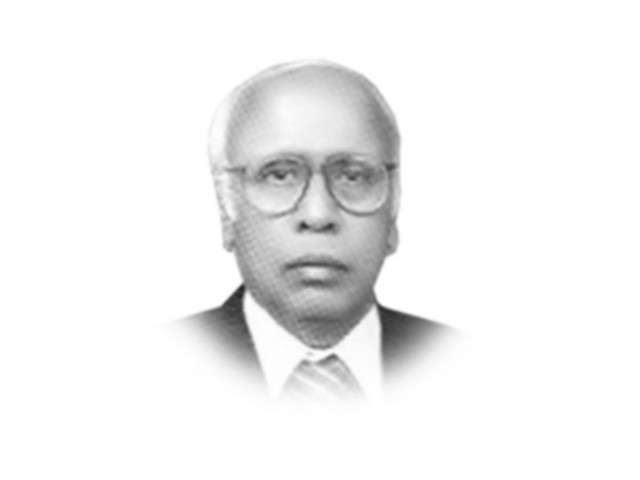Reminiscing about December 16
The disaster that struck Pakistan on December 16, 1971 has few precedents in the history of nations.

It was a cold morning on December 17, 1971. When I entered the Pakistani embassy in Colombo, as a young ambassador, I saw hundreds of Sri Lankans sitting on the lawns. The high commissioner, in a brusque official tone, asked me to meet them. The 500 or so Muslims were sobbing and crying over the Dhaka surrender.
I sat for a while, consoling them. When I went back to the high commissioner, he was entertaining another Pakistani diplomat en route to his posting in Kuala Lumpur. The commissioner asked me to bring him the gradation list of the Foreign Office to ascertain his seniority after the exodus of the Bengali officers. No expression of grief or loss. The tragedy was seen as holding promise of quick upward mobility in the service, following the departure of Bengali diplomats.
This was not the only instance of our elite’s indifference. A retired general had planned a big bash to celebrate his daughter’s birthday on December 16. After the news of the fall of Dhaka, some officers meekly suggested that the celebration was improper but were chastised by the ambassador for their impudence.
The fact is that West Pakistani leaders regarded East Pakistan as a millstone in the neck of the federation. The following paragraph from former chief justice of Pakistan Muhammad Munir’s book, From Jinnah to Zia (Vanguard 1980), is instructive.
“When I joined Ayub’s Cabinet… every day was spent listening to long speeches of East Pakistan members of exploitation of East Pakistan.... None of the ministers or members of the Assembly, whether from East Pakistan or West Pakistan, rose to rebut these allegations. I spoke to Ayub… and asked him whether it would not be better… to ask East Pakistan to take their affairs in their own hands. He suggested that I should talk about it to some influential leader from East Pakistan. One day while I was talking to Mr Ramizuddin who had been a minister in Bengal or East Pakistan I broached the matter…. He said, ‘look here we are the majority province and it is for the minority province to secede because we are Pakistan.’ The matter ended there and complaints in the Assembly continued as before.”
Readers can judge for themselves who wanted separation and who wanted secession.
Published in The Express Tribune, December 16th, 2010.















COMMENTS
Comments are moderated and generally will be posted if they are on-topic and not abusive.
For more information, please see our Comments FAQ